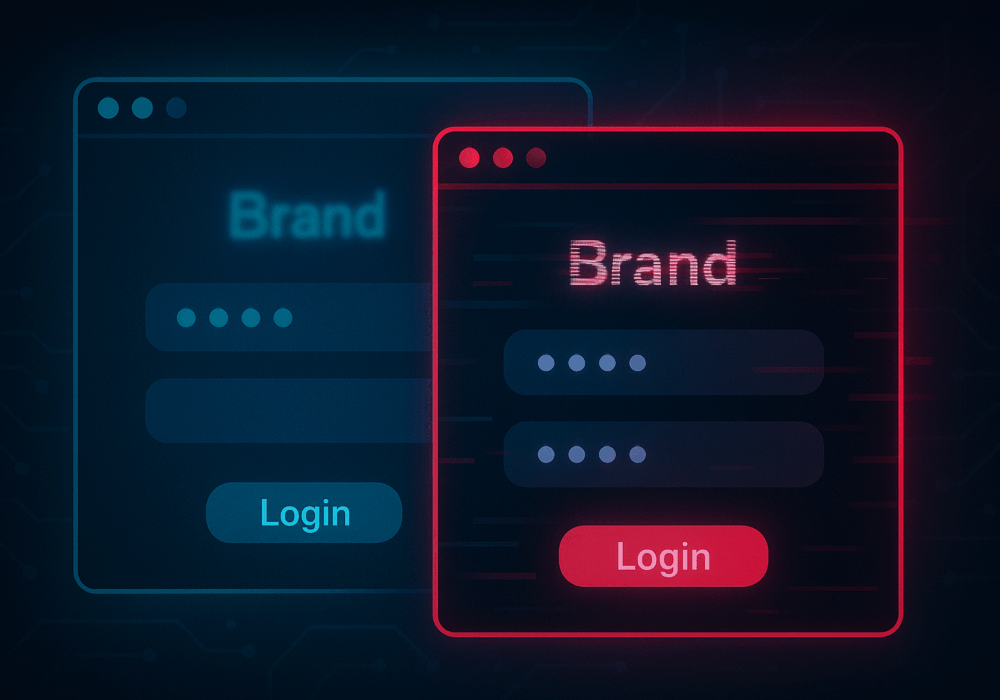
Cybercriminals had a wake-up call after the FBI successfully breached a cryptocurrency wallet held by the Colonial Pipeline hackers by following the money trail on bitcoin’s public blockchain. The FBI bitcoin recovery proved to hackers that Bitcoin is ‘traceable’. Hackers have already started updating their tools to use a privacy-enhanced cryptocurrency called Monero Coin. With Monero coin hackers have a greater degree of privacy-protecting them from a similar fate to the FBI Bitcoin recovery.
Savvy hackers have changed their strategies to demand payments in Monero, a cryptocurrency focused on ‘Privacy and Anonymity’. The privacy token runs on its own blockchain, which hides virtually all transaction details. The identity of the sender and recipient, as well as the transaction amount itself, are hidden. Because of these anonymity features, Monero allows cybercriminals greater freedom and privacy from the public blockchain that bitcoin requires.
Fred Thiel, former chairman of Utimaco, one of the largest cryptography companies in Europe, had this to say about Bitcoin and Monero:
“On the bitcoin blockchain, you can see what wallet address transacted, how many bitcoin, where it came from, where it’s going. With Monero, [the blockchain] obfuscates the wallet address, the amount of the transactions, who the counter-party was, which is pretty much exactly what the bad actors want.”
Monero has become widely used in many Ransomware-As-A-Service (RAAS) tools purchased on the Dark Web. REvil, for example, has been giving discounts to its ransomware victims if they complete their ransom payment in Monero.
One issue with Monero is it’s difficult to purchase the cryptocurrency as many vendors don’t list it due to regulatory concerns. The former chairman of Utimaco mentioned that he “would wager the U.S. and other regulators are going to shut them [Monero] down pretty hard. One way they could go about that: telling exchanges that if they list Monero, they risk losing their license.” There currently aren’t many ways the government can intervene with cryptocurrency issues like these, as the industry is currently unregulated and oftentimes the hackers aren’t in US jurisdiction.
The implications of this bitcoin recovery are different depending upon who you are. We’ll conclude this Blog with recommendations for different parties.
Before you invest in Monero Coin, you should consider the potential for regulators of cryptocurrency exchanges to shut down the use of Monero coin. Given the extreme privacy of this cryptocurrency, there will be great pressures to shut down or prevent the conversion of Monero Coin to hard currencies like US dollars.
It’s a relief the FBI has the ability to recover funds in some cases, but you shouldn’t expect to get your money back as Colonial did. With that said, there are certain things you should be doing in light of these events:
There’s really no change in the recommendations for business owners based upon this event. You still do not want to be hit with ransomware regardless of whether it uses Bitcoin or Monero coin. It’s still a bad event that disrupts your business. Take CyberHoot’s recommendations below to protect your business as always.
In addition to these cryptocurrency-specific actions, your company needs to take proactive measures to first reduce its chances of being hit by ransomware. CyberHoot recommends the following best practices to avoid, prepare for, and prevent damage from these attacks:
Start building your robust, defense-in-depth cybersecurity plan at CyberHoot.
Sources:
Additional Readings:
U.S. Navy Man Tried to Sell Nuclear Secrets for Monero
Is It Too Soon To Expect Monero To Breach $300
Discover and share the latest cybersecurity trends, tips and best practices – alongside new threats to watch out for.

In cybersecurity, not all attacks happen through fancy malware or zero-day exploits. Some of the most effective...
Read moreGet sharper eyes on human risks, with the positive approach that beats traditional phish testing.
